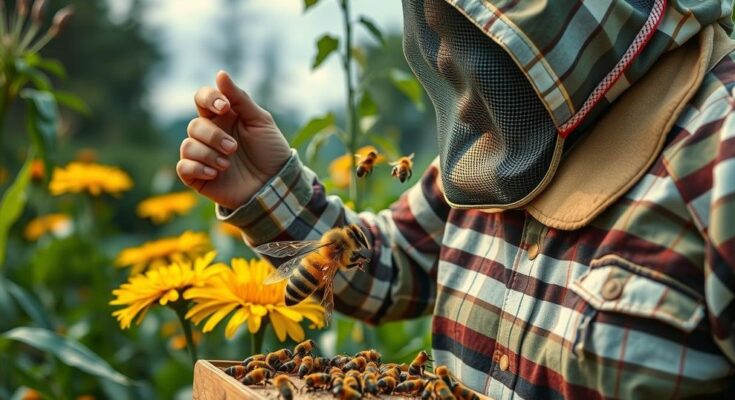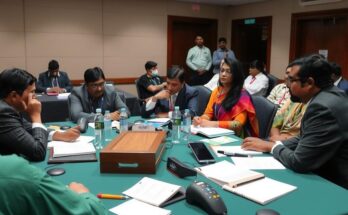Beekeeping is being promoted in Kenya as a sustainable alternative livelihood in response to climate change impacts, particularly for communities in drylands facing droughts and floods. This strategy not only enhances local economies but also promotes environmental stewardship.
In Kenya, the ongoing impacts of climate change, particularly in dryland regions, have significantly challenged traditional livelihoods such as agriculture and pastoralism. The United Nations Environment Program recognizes these changes and underscores the urgent need for adaptation. Conservation experts are actively promoting beekeeping as a viable and sustainable alternative for affected communities. This approach not only provides a source of income but also encourages environmental stewardship by enhancing local biodiversity and crop pollination, therefore creating a more resilient agricultural ecosystem for the future.
The issue of climate change is particularly acute in regions classified as drylands. In Kenya, these areas are grappling with the dual threats of prolonged droughts and severe floods, disrupting established practices such as farming and livestock herding. As these communities face these challenges, there is a pressing need for alternative livelihoods that are resilient to climate variability. Beekeeping emerges as an innovative solution that leverages local resources while fostering environmental health. This sustainable practice has the potential to uplift communities, providing both economic benefits and supporting ecological balance.
In summary, the introduction of beekeeping in Kenyan dryland communities presents a multifaceted solution to the dire challenges posed by climate change. It serves as a lifeline for those whose traditional practices have become unviable due to shifting weather patterns. By facilitating this transition to beekeeping, conservation experts are not just offering a means of income; they are also promoting ecological resilience and community empowerment, ensuring that these communities can withstand future climate stresses.
Original Source: www.voaafrica.com




